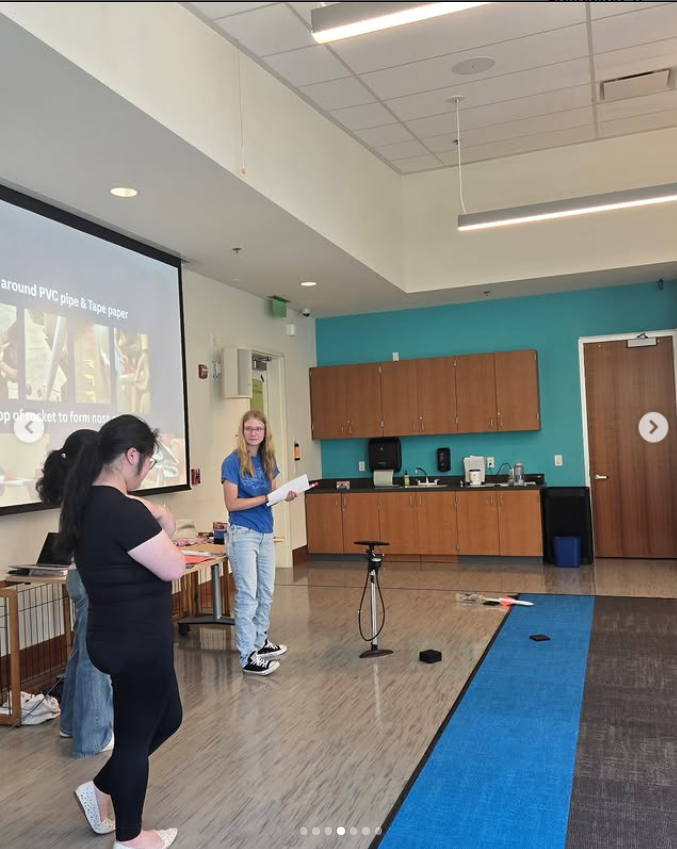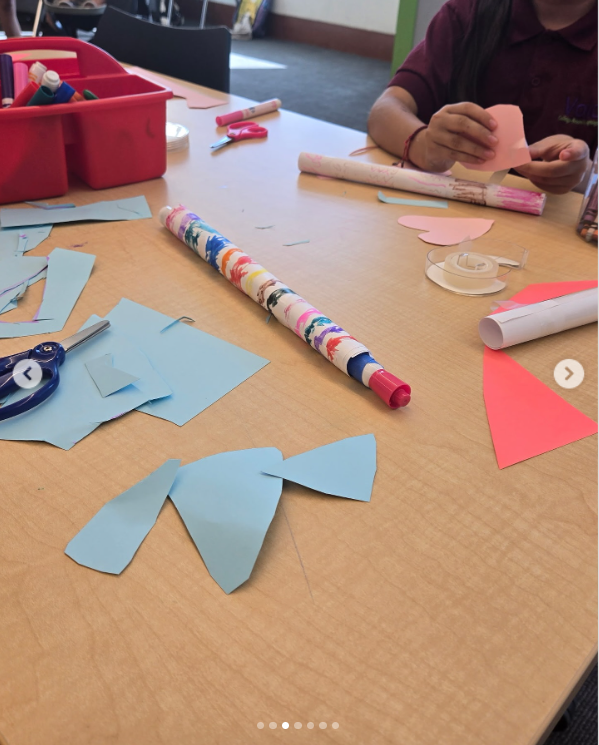Key Dates
11 Dec -Extended Deadline
14 Dec -Judging
17 Dec -Winners Announced
-
categories
-
Architecture
-
Interior Design
-
Interior Design - International Residential - Executive Suite
-
Space Plus
Space Design
-
Product Design
-
Communication Design
-
Advertising & Marketing
-
Service & System Design
Experience Design
-
Digital Innovation
-
Web & App Design
-
Better Future
Transformative Design
-
- quick start guide
- nominate
- past winners
- home
Scientist Society
Scientist Society | NEXT Futures - Circular Economy


Image Credit : Mahi Mekala
Project Overview
Scientist Society brings STEM workshops to underrepresented communities in California, making science engaging, hands-on, and accessible. Since our launch, we’ve hosted 15 workshops, reaching over 300 children, many of whom had limited exposure to STEM resources. Each session combines mentorship, experimentation, and problem-solving activities that spark curiosity and build confidence. By connecting students directly to STEM in a fun and practical way, we are not only teaching science but inspiring future innovators.
Organisation
Team
Mahi Mekala
Project Brief
At Scientist Society, we turn complex STEM concepts into engaging, hands-on experiences, everything from coding and robotics to chemistry experiments and environmental science. Each workshop is designed to spark excitement and confidence in students who might otherwise lack access to STEM resources. Our team works directly with local schools and community centers to tailor activities to each group’s needs, making learning interactive and relevant. By combining mentorship, experimentation, and creativity, we help children see themselves as scientists and problem-solvers.
Project Innovation/Need
The biggest challenge was designing STEM experiences that were both high-quality and accessible, working with limited resources, diverse age groups, and varying levels of prior exposure. We innovated by creating modular, low-cost kits and adaptable lesson plans that could scale across schools and age ranges. Timing and communication were critical: we coordinated schedules with local partners and used culturally responsive materials to ensure maximum engagement.
Design Challenge
The primary challenge was creating STEM workshops that were high-quality, engaging, and accessible for underrepresented students, many of whom had limited prior exposure to hands-on science. We had to address several hurdles simultaneously: sourcing affordable materials that still delivered impactful experiments, designing activities adaptable for diverse age groups and learning levels, and coordinating logistics with schools and community centers to ensure timing, communication, and participation were seamless.
To meet these challenges, we developed modular, low-cost STEM kits that could be used across multiple workshops and age ranges. Activities were designed to be interactive, visually engaging, and culturally relevant, ensuring students felt included and motivated. We also implemented a structured scheduling and communication system with partner organizations, which minimized cancellations and maximized attendance.
Finally, our team trained volunteer mentors not just in STEM content, but in effective engagement and mentorship techniques, empowering them to connect with students meaningfully. By combining innovative materials, thoughtful pedagogy, and strategic planning, Scientist Society successfully overcame resource, logistical, and engagement challenges, enabling us to host 15 workshops and reach over 300 children.
This approach demonstrates that high-impact STEM education is possible even in under-resourced communities, setting a scalable model for future outreach initiatives and showing how thoughtful design can bridge gaps in access and opportunity.
Future Impact
Scientist Society has already shown measurable impact: 15 workshops, 300+ students inspired, and growing. By expanding access to STEM early, we are helping to build a more equitable pipeline for future scientists and engineers. The program doesn’t just teach science; it cultivates curiosity, confidence, and community, accelerating a better, more inclusive future.
NEXT Futures - Circular Economy
Projects that expand and grow the use of circular economy principles.
More Details

